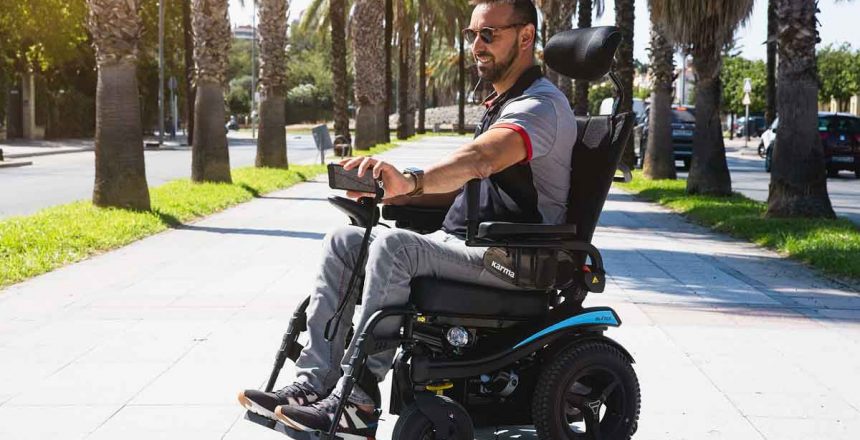Can You Be On Medicare If You Are Not 65?
Medicare benefits allow millions of seniors across the U.S. to access the health care services they need to live a healthy, secure life. While the usual Medicare eligibility requirement is that you must be above age 65, there is another way to qualify.
Malhotra & Assoc. Insurance has a team of Medicare experts versed in all things Medicare. We can help you sign up for Medicare and more.
If you or a loved one are below age 65, here’s how to get access to Medicare benefits.
What is Medicare?
Medicare is a federal health care insurance program that is designed to help senior citizens and people with disabilities. Once you qualify for the program, you get access to all parts of the Medicare program. This includes Original Medicare, Medicare Advantage, and Part D prescription drug coverage.
Though, you should be aware that each component of Medicare is separate, and you will have to enroll in each separately. You also cannot be enrolled in Part C Medicare Advantage while enrolled in Parts A and B (Original Medicare). People who have Part C coverage also cannot use Part D prescription drug coverage, because their prescription drug coverage should be included in their Advantage plan.
Medicare Eligibility
Once you turn 65, you will automatically become eligible for Medicare benefits. If you want to qualify earlier, you’ll have to meet a different set of requirements. Primarily, you must collect Social Security Disability Insurance (SSDI) for at least 24 months. This is a two-year waiting period that begins after the first month you receive an SSDI check. Once you reach your 25th month of collecting SSDI benefits, you will automatically be enrolled in Medicare.
Amyotrophic Lateral Sclerosis
There are other conditions that can be met to receive Medicare benefits without waiting 24 months. For example, if you have been diagnosed with Amyotrophic Lateral Sclerosis, or ALS, your Medicare benefits will automatically begin the first month that your SSDI benefits begin. This means you get to completely avoid the normal two-year waiting period.
End-Stage Renal Disease
A similar situation applies to people who have been diagnosed with End-Stage Renal Disease (ESRD). People who are under age 65 and have ESRD can start receiving Medicare benefits earlier if they are receiving dialysis treatment or have had a kidney transplant. Though, this isn’t the only requirement. Applicants must also be eligible to receive SSDI or they must have a spouse or parent who has paid sufficiently into Medicare taxes.
Get Medicare Assistance
Are you unsure about how you can get Medicare benefits? We can help. Give Malhotra & Assoc. Insurance a call today to learn what the first steps are.


